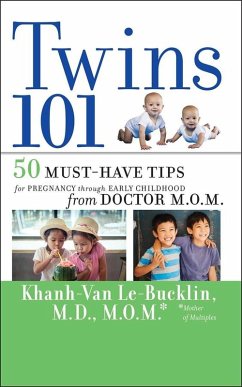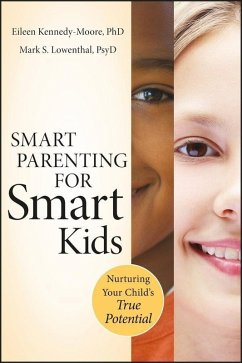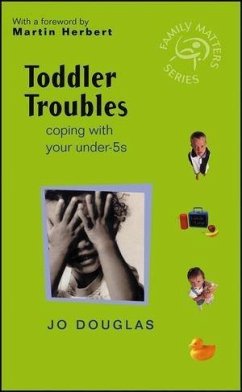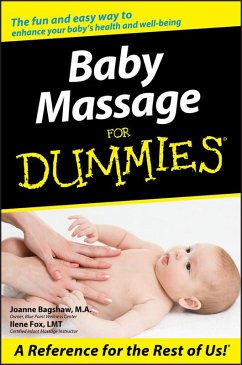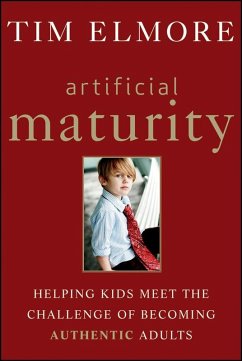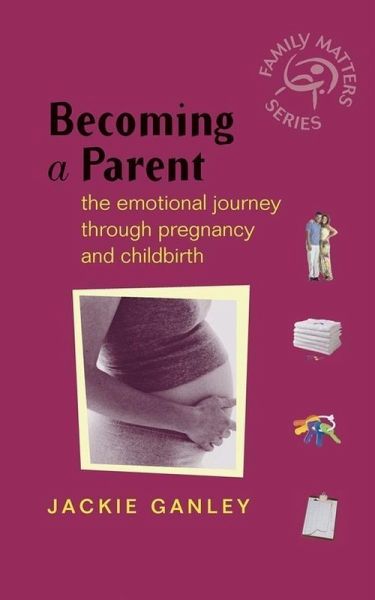
Becoming a Parent (eBook, PDF)
The Emotional Journey Through Pregnancy and Childbirth
Versandkostenfrei!
Sofort per Download lieferbar
18,99 €
inkl. MwSt.
Weitere Ausgaben:

PAYBACK Punkte
0 °P sammeln!
An emotional survival guide to pregnancy and childbirth Like the other volumes in the Family Matters series, this authoritative new book provides expert advice to ordinary people struggling with everyday challenges-in this case, the emotional trials of new mothers. Enduring the stresses of pregnancy and giving birth are only half of what it takes to become a parent. The other half involves adjusting emotionally to the reality of a newborn. With tips on getting outside help and "discussion points" useful in self-therapy, Becoming a Parent offers real-life solutions, based on actual cases, to ev...
An emotional survival guide to pregnancy and childbirth Like the other volumes in the Family Matters series, this authoritative new book provides expert advice to ordinary people struggling with everyday challenges-in this case, the emotional trials of new mothers. Enduring the stresses of pregnancy and giving birth are only half of what it takes to become a parent. The other half involves adjusting emotionally to the reality of a newborn. With tips on getting outside help and "discussion points" useful in self-therapy, Becoming a Parent offers real-life solutions, based on actual cases, to every sort of difficulty new parents might expect. Jackie Ganley (London, UK) works for Britain's National Health Service.
Dieser Download kann aus rechtlichen Gründen nur mit Rechnungsadresse in D ausgeliefert werden.



